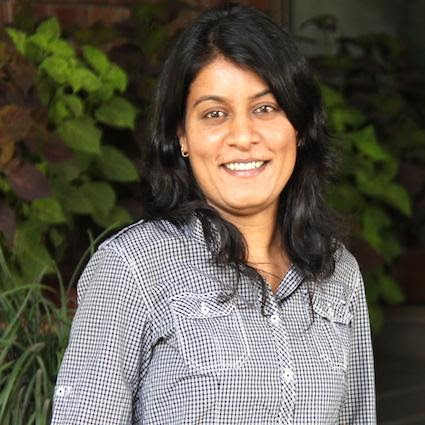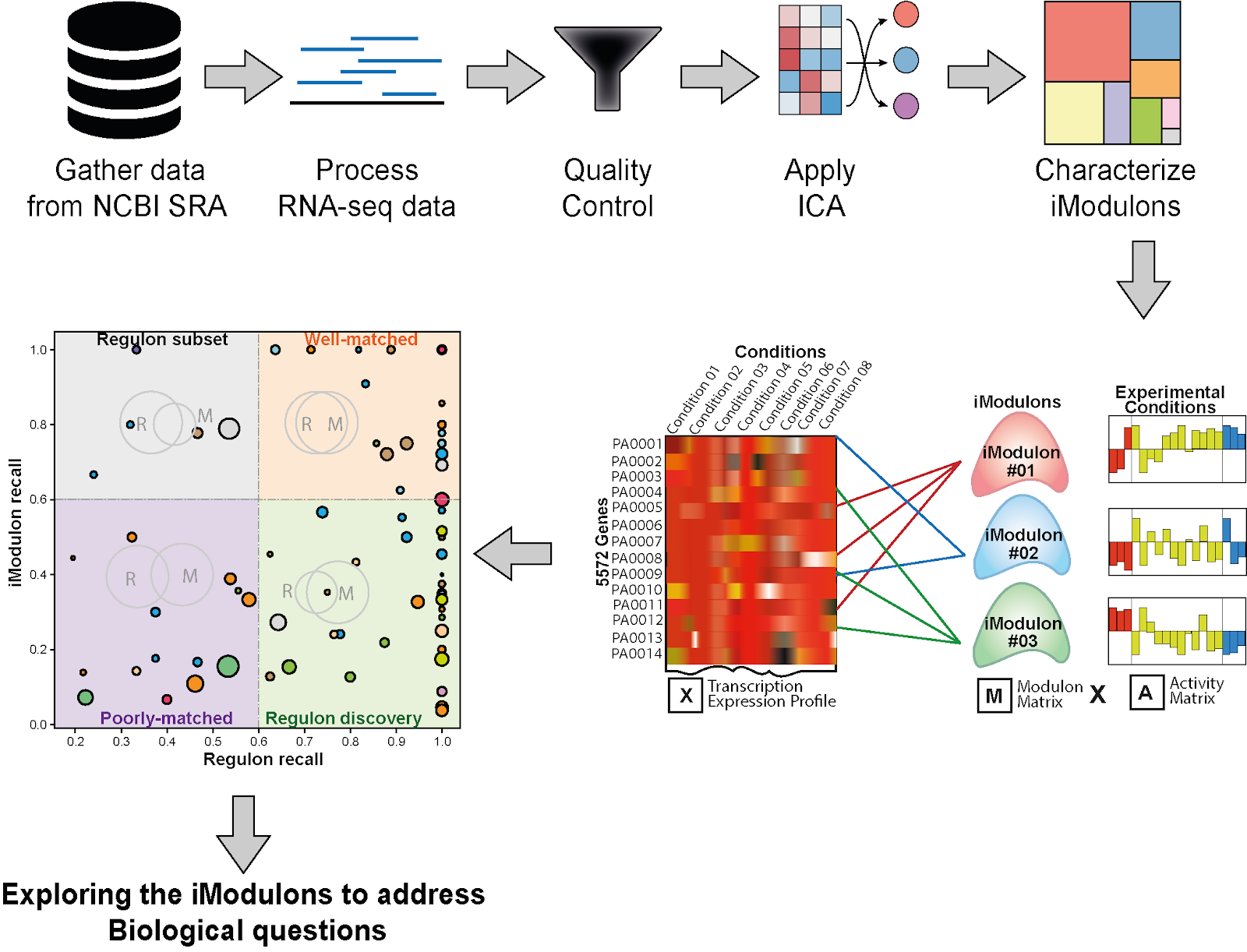About author
Akanksha Rajput obtained her Bachelor’s honors degree and Master’s degree in Biotechnology from Banasthali University, Rajasthan. Subsequently, she joined the lab of Dr. Manoj Kumar, CSIR-Institute of Microbial Technology, Chandigarh, India for her Ph.D. in Bioinformatics. During her Ph.D. she explored microbial communications and their consequences like antibiotics resistance, biofilms, etc. After receiving her Ph.D. degree, she moved to the University of California San Diego and is working as a Postdoctoral scholar till now. During her postdoctoral research, she explored microbial interaction through various systems biology approaches. Broadly, her research work is focused on exploring the microbial (Bacteria, Virus, and Archaea) mechanisms using multivariate computational analysis followed by validation through experimental techniques.


